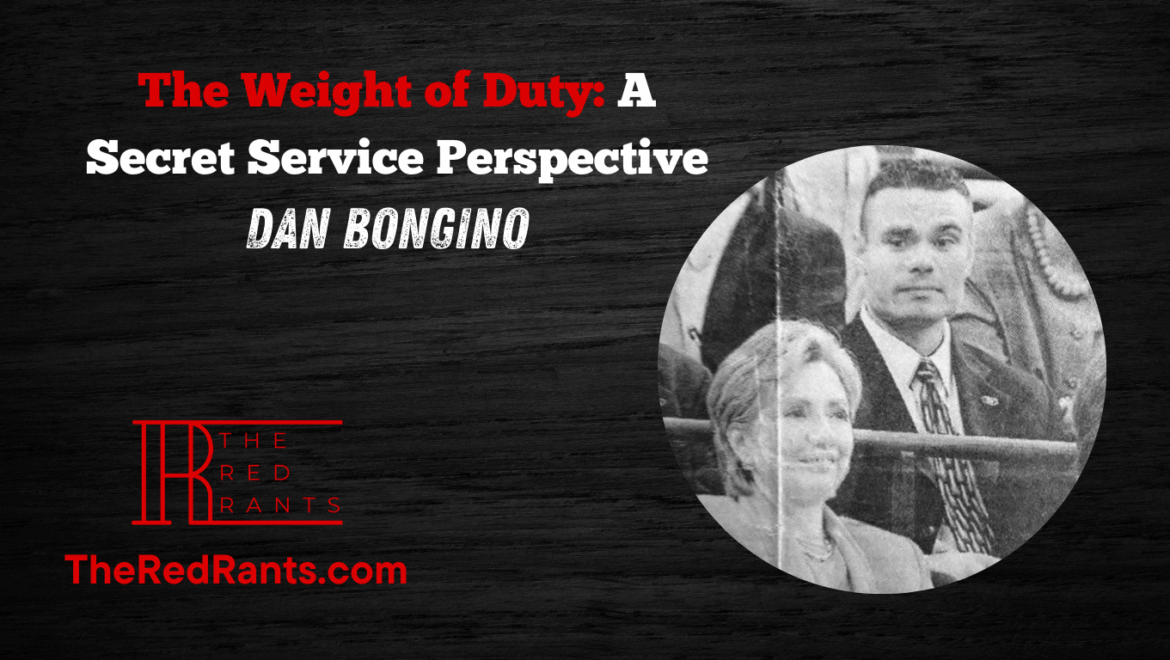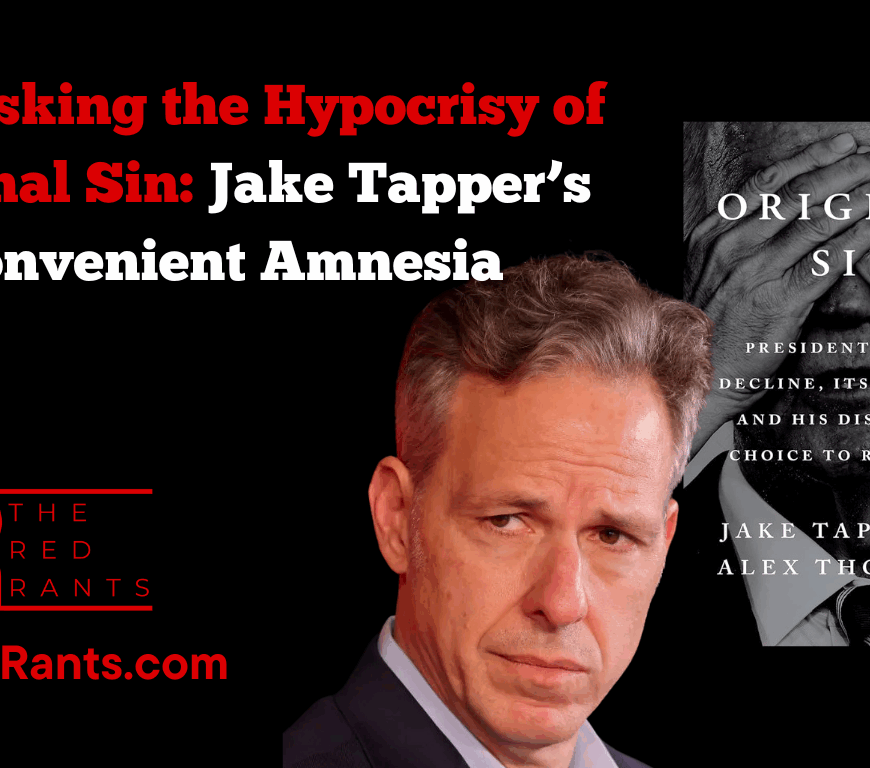“I worked with Hillary Clinton. She was evil. The stories agents around her have, and have kept bottled up inside, are horrendous. Working on her detail was generally considered a punishment assignment. You will never meet a more mercenary and destructive public figure in your lifetime.” – Dan Bongino
Dan Bongino, a former Secret Service agent turned political commentator, now Deputy Director of the FBI,has shared a scathing assessment of his time working on Hillary Clinton’s security detail. His words reveal a deep frustration, describing the assignment as a form of punishment among agents. This sentiment underscores a broader issue: the toll that difficult leadership can take on those tasked with ensuring safety in high-stakes environments. For Secret Service agents, the job is already demanding—long hours, constant vigilance, and the ever-present risk of danger. When the person they are protecting creates an atmosphere of tension or hostility, as Bongino suggests, it can make an already challenging role feel unbearable.
Bongino’s description of Clinton as “mercenary and destructive” points to a leadership style that, in his view, lacked the qualities of integrity and respect. In any high-pressure job, the tone set by those in power matters. For agents who must remain professional and focused, a lack of mutual respect can erode morale and make the mission feel more like a burden than a calling. Bongino’s claim that stories of her behavior have been “bottled up” by agents hints at a culture of silence, where speaking out could risk careers or reputations. This dynamic raises questions about accountability and the challenges of serving under leaders who may not value the sacrifices of those around them.
I worked with Hillary Clinton.
— Dan Bongino (@dbongino) October 6, 2024
She was evil.
The stories agents around her have, and have kept bottled up inside, are horrendous.
Working on her detail was generally considered a punishment assignment.
You will never meet a more mercenary and destructive public figure in your… https://t.co/HvwS2MFOff
The Broader Implications of Leadership in Public Life
The image provided, showing Clinton in a public setting with a Secret Service agent nearby, captures the duality of such roles—visible yet often overlooked. While the public sees the polished exterior of political figures, those working closely with them witness a different reality. Bongino’s perspective highlights the importance of character in leadership, especially for public figures whose decisions and demeanor can ripple outward, affecting not just their immediate teams but the broader perception of their legacy.
Leadership in the public eye carries a unique responsibility. Figures like Clinton, who have held positions of immense influence, shape policies and public discourse, but they also set an example through their personal conduct. When that conduct is perceived as destructive, as Bongino alleges, it can undermine trust—not just among those who work for them, but among the public they serve. For conservatives who value personal responsibility and moral clarity, such behavior is particularly concerning, as it clashes with the principles of honorable leadership.
Final Thoughts
Dan Bongino’s candid reflection on his time with Hillary Clinton serves as a reminder of the unseen struggles faced by those who serve in protective roles. His words, while harsh, shine a light on the importance of character in leadership and the impact it has on those who carry out the mission of safeguarding our leaders. For agents tasked with such a sacred duty, mutual respect and integrity are non-negotiable. When those qualities are absent, the weight of duty becomes a heavier burden to bear. This perspective challenges us to consider not just the policies of public figures, but the way they treat those who serve in the shadows, ensuring their safety and the stability of our nation.
Let us know your thoughts.




Add Comment